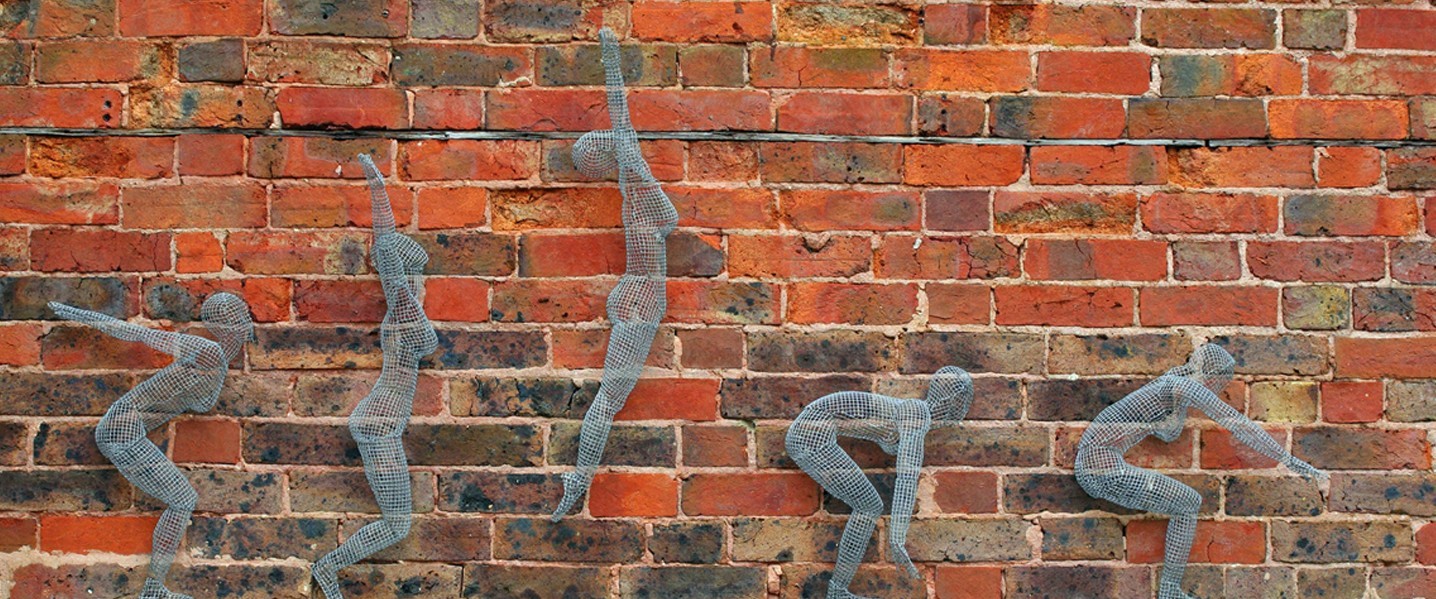About 70% of adults report having a significant traumatic event in their lives.*
This statistic is shocking and it is not confined to people in war zones. It is relevant to each of us in our daily working lives; whether we have experienced trauma ourselves or our colleagues and customers have. It impacts how we engage with everyday issues and how we create relationships with others.
Further as Dr Peter Levine states,
“Trauma plays out in the theatre of the body”.
In other words, addressing trauma is not an intellectual exercise. We need to explore emotions and body sensations. Not something we are comfortable with in a corporate environment where emotions get a bad rap and we tend to consider our bodies as the taxi that transports our brains.
When faced by a challenge some of us become overwhelmed by worrying about the past. Or we may be ashamed about how we handled challenges in the past. Others may be focussed on the future, but not from the perspectives of possibility and vision. Rather they become anxious and want to control the future.
Overwhelm, anxiety and hopelessness are signs of a dysregulated nervous system. When we are dysregulated we are not able to access our inner resources, creativity and wisdom. We are stuck.
Acknowledging and becoming more aware of our body sensations and emotions bring us into the present and act to calm our nervous system. This allows us to access our executive functioning.
So rather than pushing through when e.g our jaw becomes clenched, our gut becomes tightened or our breathing becomes shallow, or burying our emotions under the carpet, we can develop our emotional literacy, we can explore our our body sensations and we can move our bodies to engage more effectively with our challenges and our co-workers.
We can use the clues and cues our bodies and emotions give us to improve our working relationships.
So as a former financial analyst, next time someone tells me to “get out of your head”, I won’t respond to it as an insult or a diminishing of my intellectual capabilities. I’ll see it as an invitation to access other parts of my wisdom.
What activities or strategies are you using to build your awareness?
There are several ways we can build our awareness, some involve self-observation or journalling.
These are great starting points. And Gaining observations from others, such as a qualified leadership coach, can accelerate how you learn and become a more effective leader.
If you would like to explore how the decisions, choices, beliefs and structures you create are hindering or propelling your leadership and team engagement send a note to sylvana@sylvanacaloni.com or call on +44 (0) 7952 068133.
*Research conducted by Steve March and shared in Symphony of Self class 18th July 2025

